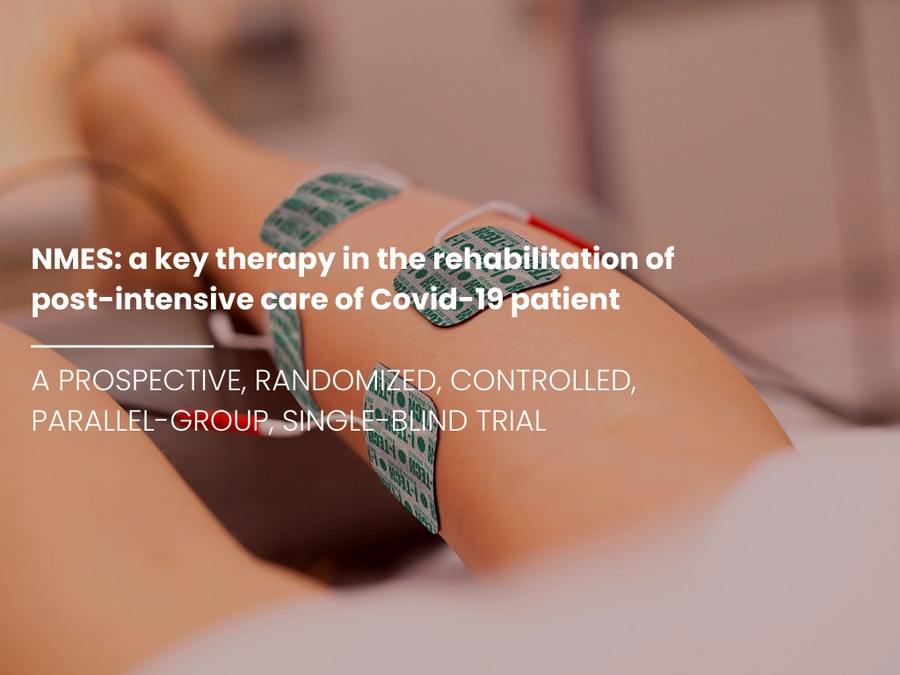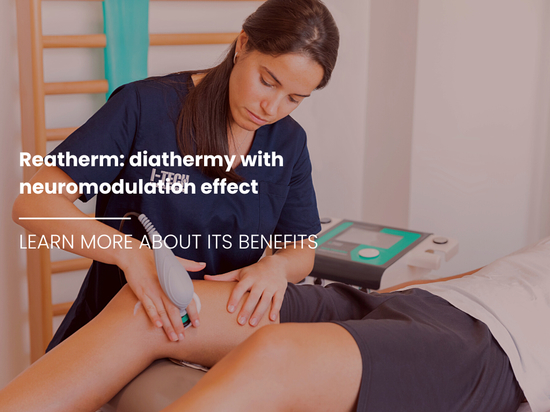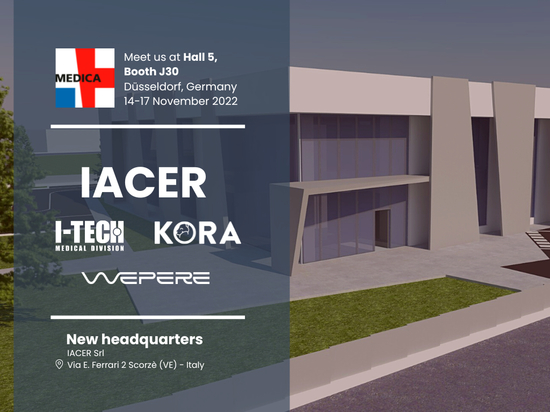
#Industry News
NMES: A KEY THERAPY IN THE REHABILITATION OF POST-INTENSIVE CARE OF COVID-19 PATIENT
A prospective, randomized, controlled, parallel-group, single-blind trial.
In the last couple of years, thousands of people have been hospitalized in intensive care due to Covid-19.
Because of this, all the healthcare divisions had to face the pandemic consequences, including post-acute care and rehabilitation.
It has been noticed that people affected by Covid-19, post-intensive care, have shown a reduction of their mobility and physical functions. This condition can be due to muscle atrophy related to inactivity and/or critical illness neuromyopathy, which may occur during sedation/paralysis and mechanical ventilation.
Early rehabilitation in intensive care unit (ICU), or immediately afterwards, can be critical in the prevention and treatment of muscle weakness. On this regard, Neuro Muscular Electrical Stimulation (NMES) can be considered as a very good approach. It aims to generate involuntary muscle contractions by applying intermitted electrical stimuli to the skin above the skeletal muscles.
At this purpose, in April 2020 a clinical trial protocol has been designed.
This is the first protocol taking under consideration the efficiency of NMES technique applied to Covid-19 patients post-ICU rehabilitation. The protocol prescribes the utilization of our 4-channel electrotherapy device, the T-One Rehab.
The clinical trial will see the participation of 80 patients who have undergone mechanical or non-invasive ventilation following pneumonia-induced respiratory failure.
Patients will be randomised to a control group (routine physical therapy for 3 weeks - 30 minutes per day, 5 days a week) or to a NMES group (routine physical therapy plus NMES of quadriceps and gastrocnemius muscles for 3 weeks. 30 minutes for the first week, and 45 minutes for the second and third).
NMES is a simple and non-invasive technique for muscle strengthening, that is generally well tolerated. It does not generate adverse effects, and it requires none or little cooperation from patients, with the benefit of being affordable.
Positive effects of the NMES therapy in the treatment of physical and muscular function, will determine its involvement to the neuromuscular rehabilitation protocols for the Covid-19 patients. Particularly because it does not interfere with patients' routine care and staff workload.
Patient recruitment and data collection are currently ongoing and will continue until the requested number of study participants will be reached.





